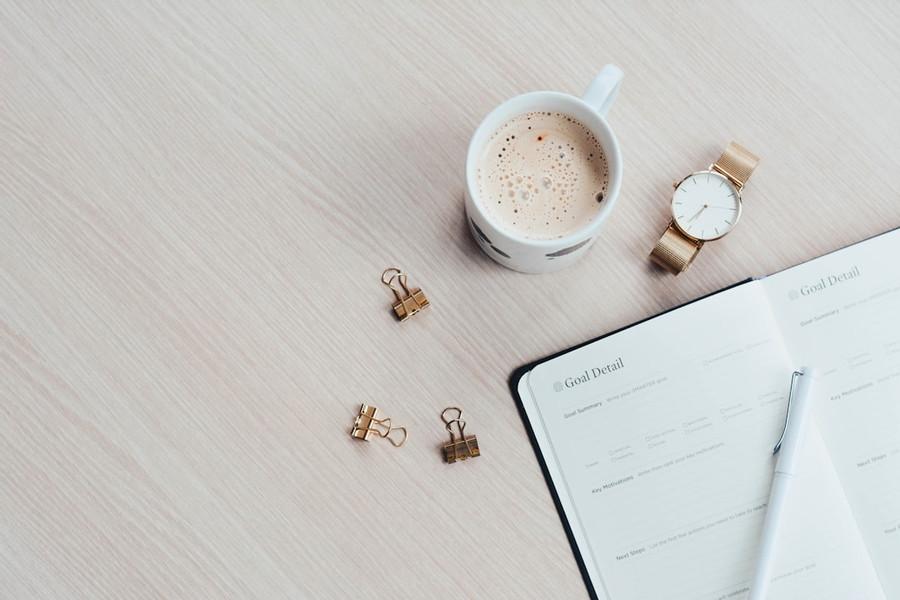The Role Of Perseverance On Change
Bad habits don’t go away overnight. But, you can use strategies to give you that extra boost of self-confidence and self-control required to change.
Understand that sometimes you will fail and sometimes you’ll succeed. But no matter how long it takes to fail and get back up again, your patience and perseverance will soon pay off.
290
915 reads
CURATED FROM
IDEAS CURATED BY
The idea is part of this collection:
Learn more about personaldevelopment with this collection
How to write clearly and concisely
How to use proper grammar and punctuation
How to structure a business document
Related collections
Similar ideas to The Role Of Perseverance On Change
Ignore the Haters
No matter what you decide to do with your life, there will always be someone around to point out the many ways you’ll fail or what you’re doing wrong with each step you take.
Know that every winner loses, but not every loser wins. Successful people don’t start out successful. What makes the...
Change the Story You Tell Yourself
Pay attention to the story you are telling yourself and ask if there’s another way to look at the situation. You might discover a slight shift in the way you think...
The Compounding Benefits of Habits
We all know that our habits can make or break our lives.
However, let's review the facts again and ensure we truly get what is at stake. The benefits of your habits are compounding. Let's imagine you are a writer. If you spend every day writing one page, you can complete ...
Read & Learn
20x Faster
without
deepstash
with
deepstash
with
deepstash
Personalized microlearning
—
100+ Learning Journeys
—
Access to 200,000+ ideas
—
Access to the mobile app
—
Unlimited idea saving
—
—
Unlimited history
—
—
Unlimited listening to ideas
—
—
Downloading & offline access
—
—
Supercharge your mind with one idea per day
Enter your email and spend 1 minute every day to learn something new.
I agree to receive email updates

